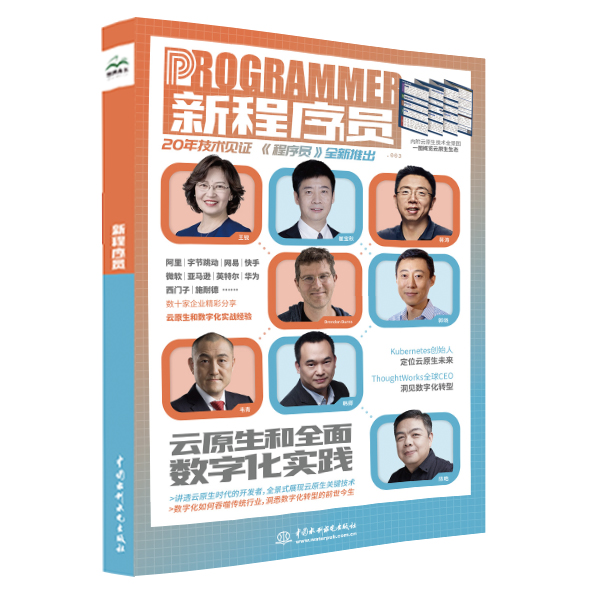Kotlin笔记:with/let/run/apply/also区别
Posted xiong_it
tags:
篇首语:本文由小常识网(cha138.com)小编为大家整理,主要介绍了Kotlin笔记:with/let/run/apply/also区别相关的知识,希望对你有一定的参考价值。
class Person(var name: String, var age: Int)
fun eat()
println("吃柠檬")
fun work(hour: Int): Int
println("work $hour hour,earn ¥$hour * 60")
return hour * 60
with
with()函数是一个内联函数,它把传入的对象作为接受者,在该函数内可以使用this指代该对象来访问其公有的属性和方法。该函数的返回值为函数块最后一行或指定的return表示式。
例:
fun main()
val person: Person = Person("hzh", 23)
val result = with(person)
age = 24
eat()
work(8) // 返回480
println("result is:$result")
运行结果:
吃柠檬
work 8 hour,earn ¥480
result is:480
return返回
fun main()
val person: Person = Person("hzh", 23)
val result = with(person)
age = 24
eat()
work(8)
return@with "HaHa" // return表达式,可以省略return@with直接返回最后一行
println("result is:$result")
运行结果:
吃柠檬
work 8 hour,earn ¥480
result is:HaHa
with不做判空处理
fun main()
val person: Person? = Person("hzh", 23)
val result = with(person)
age = 24
eat()
work(8)
println("result is:$result")
注意📢:无法编译,person为可空对象,with()需要在函数块内判定对象是否为空
如:
val result = with(person)
this?.age = 24
this?.eat()
this?.work(8)
with()函数源码:
/**
* Calls the specified function [block] with the given [receiver] as its receiver and returns its result.
*
* For detailed usage information see the documentation for [scope functions](https://kotlinlang.org/docs/reference/scope-functions.html#with).
*/
@kotlin.internal.InlineOnly
public inline fun <T, R> with(receiver: T, block: T.() -> R): R
contract
callsInPlace(block, InvocationKind.EXACTLY_ONCE)
return receiver.block()
let
let()函数是一个扩展对象函数,它可以对被扩展的对象做统一的判空处理,在函数块内使用it来指代该对象,可以访问对象的公有属性和方法。let()函数的返回值和with()函数一样,为函数块最后一行或指定的return表示式。
例:
fun main()
val person: Person? = Person("hzh", 23)
val result = person?.let
it.age = 24
it.eat()
it.work(8) // 返回480
println("result is:$result")
运行结果:
吃柠檬
work 8 hour,earn ¥480
result is:480
let()函数源码:
/**
* Calls the specified function [block] with `this` value as its argument and returns its result.
*
* For detailed usage information see the documentation for [scope functions](https://kotlinlang.org/docs/reference/scope-functions.html#let).
*/
@kotlin.internal.InlineOnly
public inline fun <T, R> T.let(block: (T) -> R): R
contract
callsInPlace(block, InvocationKind.EXACTLY_ONCE)
return block(this)
run
run()函数是with()和let()函数的结合体,它可以像with()函数一样直接在函数块中使用this指代该对象,也可以像let()函数一样为对象做统一的判空处理。
例:
fun main()
val person: Person? = Person("hzh", 23)
val result = person?.run
age = 24
eat()
work(8) // 返回480
println("result is:$result")
运行结果:
吃柠檬
work 8 hour,earn ¥480
result is:480
run()函数的源码:
/**
* Calls the specified function [block] with `this` value as its receiver and returns its result.
*
* For detailed usage information see the documentation for [scope functions](https://kotlinlang.org/docs/reference/scope-functions.html#run).
*/
@kotlin.internal.InlineOnly
public inline fun <T, R> T.run(block: T.() -> R): R
contract
callsInPlace(block, InvocationKind.EXACTLY_ONCE)
return block()
apply
apply()函数和run()函数相似,不同的是,run()函数是以闭包形式返回最后一行代码的值,而apply()函数返回的是传入的对象本身。
例:
fun main()
val person: Person? = Person("hzh", 23)
println("person:$person")
val result = person?.apply
age = 24
eat()
work(8) // 返回传入的person对象
println("result is:$result")
运行结果:
person:Person@610455d6
吃柠檬
work 8 hour,earn ¥480
result is:Person@610455d6
apply()函数源码:
/**
* Calls the specified function [block] with `this` value as its receiver and returns `this` value.
*
* For detailed usage information see the documentation for [scope functions](https://kotlinlang.org/docs/reference/scope-functions.html#apply).
*/
@kotlin.internal.InlineOnly
public inline fun <T> T.apply(block: T.() -> Unit): T
contract
callsInPlace(block, InvocationKind.EXACTLY_ONCE)
block()
return this
also
also()函数和apply()函数相似,不同的是,also()函数在函数块中使用it指代该对象,而apply()函数在函数块中使用this指代该对象。
fun main()
val person: Person? = Person("hzh", 23)
println("person:$person")
val result = person?.also
it.age = 24
it.eat()
it.work(8) // 返回传入的person对象
println("result is:$result")
运行结果:
person:Person@610455d6
吃柠檬
work 8 hour,earn ¥480
result is:Person@610455d6
also()函数源码:
/**
* Calls the specified function [block] with `this` value as its argument and returns `this` value.
*
* For detailed usage information see the documentation for [scope functions](https://kotlinlang.org/docs/reference/scope-functions.html#also).
*/
@kotlin.internal.InlineOnly
@SinceKotlin("1.1")
public inline fun <T> T.also(block: (T) -> Unit): T
contract
callsInPlace(block, InvocationKind.EXACTLY_ONCE)
block(this)
return this
区别
| 函数名 | 函数块内使用对象 | 返回值 | 是否扩展函数 | 适用场景 |
|---|---|---|---|---|
| with | this | 函数块最后一行或return表达式的值 | 否 | 适用于调用同一个类多个方法 |
| let | it | 函数块最后一行或return表达式的值 | 是 | 适用于对象统一处理不为空的情况 |
| run | this | 函数块最后一行或return表达式的值 | 是 | 适用with()、let()函数的任何场景 |
| apply | this | 该对象 | 是 | 适用于run()函数的任何场景,通产可用来在初始化一个对象实例时,操作对象属性并最终返回该对象。也可用于多个扩展函数链式调用 |
| also | it | 该对象 | 是 | 适用于let()函数的任何场景,一般可用于多个扩展函数链式调用 |
转载自
https://juejin.cn/post/6868179386344931342
 与50位技术专家面对面
与50位技术专家面对面
 20年技术见证,附赠技术全景图
20年技术见证,附赠技术全景图
以上是关于Kotlin笔记:with/let/run/apply/also区别的主要内容,如果未能解决你的问题,请参考以下文章